Have you ever experienced a time when your water bill was especially high and wondered because nothing changed with your water consumption? It’s only correct that you think twice since an abnormally high water bill may mean that some of your water supply may go elsewhere. Nobody wants to pay for something we’re not using!
According to the EPA, nearly 10,000 gallons of water per year is caused by household leaks. Additionally, 10% of homes leak 90 gallons of water daily. Thus, if your bill is higher than normal, it’s best to track where the problem comes from.

Water bill
Before you dive into your water meter, you might want to check your water bill first.
Measurements
Your water can either be measured in hundred cubic feet units (ccf) or gallons. To understand your water bill, you must convert ccf into gallons by multiplying the ccf by 748 gallons of water!
Reading type
The two reading types are actual and estimate. Their names imply what they mean. An actual reading gives true and accurate information, while an estimate is just an estimated number typically done when the meter can’t be read.
Period of service
Check the number of days the bill covers as it may fluctuate due to holidays. You might find it longer than usual, which may explain your higher water bill.
Base rate
A water utility provider charges a base rate. This is a flat rate you have to pay even if you don’t use water at all.
Sewer base rate
A base rate is also added for sewer usage since water consumption also affects sewers.
Meter size
While small meter results in lower rates to pay for, it also means that water pressure in the building can be weak. However, note that you can’t just change your meter as you’ll need approval from your water provider for this.
Labeling mistake
Check if your home has been mistakenly labeled as a business address. Businesses pay a higher rate than residences, so ensure your home is labeled properly.
Technical reasons for a high water bill
A leaky or running toilet
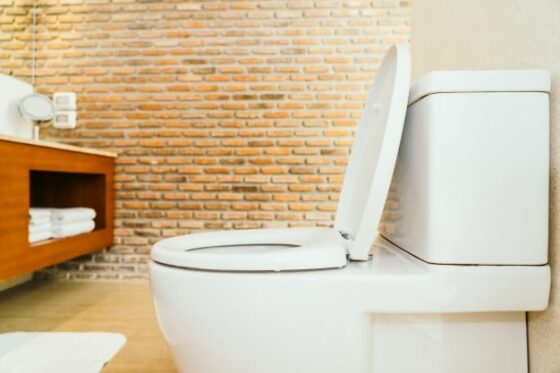
Toilets can utilize 6 to 32 liters per flush, which accounts for over 25% indoor water usage. A leaking toilet can waste more than 330 liters daily in households with average daily water usage. You might want to address your running toilet as soon as possible!
Leaky faucets and valves
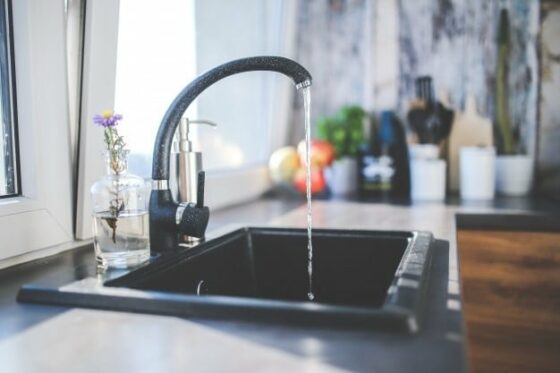
Any leakage at a rate of 1 drip per second wastes around 20 liters a day and may significantly affect your water bill.
Seasonal water consumption

For obvious reasons, water bills are higher during the summer because we run to the water to soothe ourselves through the heat. Also, you might have had visitors with you, which can increase water consumption.
Water softeners recharge rates.
Check your water softener for any leaks and overflows. Additionally, check the settings to determine the frequency it regenerates and the quality of its performance. To test, put it on bypass and watch if the water meter stops running.
Too high setting for the furnace humidifier
Check the drain line of your furnace, as it can get clogged with minerals, debris, and scale. This can result in leakages. You may also want to check the solenoid valve, which allows the water to enter the humidifier. If it’s set too high, it may add up to your water bill.
Old or leaky water heater
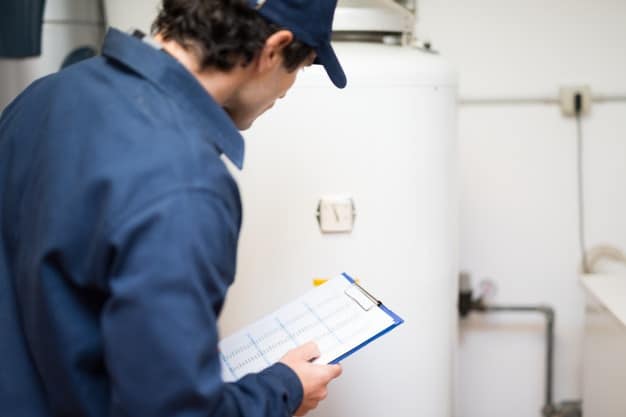
Check your water heater for some leakages, especially around the base. A water heater typically lasts for around 8 years.
Leaky washing machine
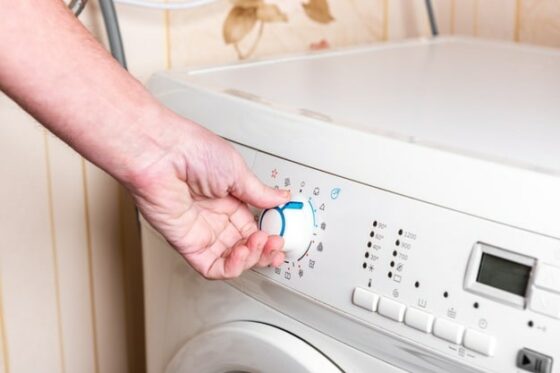
Check your washing machine at the back and underneath to ensure that there’s no leakage. You may also check your unit as highly efficient washers utilize 50% or less water than older washers.
Leaky dishwashers
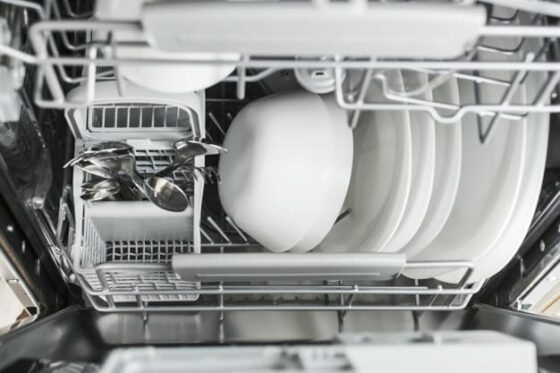
If you see wet, discolored, or warped stains on the floor beneath your dishwasher, suspect a leakage. But take note that dishwashers save more water than washing by hand.
Outdoor leaks
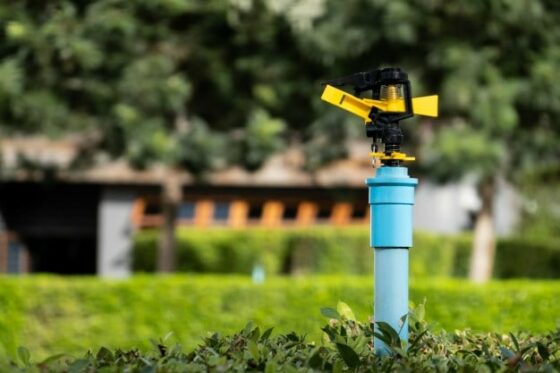
Check external tools and systems for leaks, such as the garden hose or sprinkler system. Check the driveway or the street if wet, even with no rain.
Underground leaks
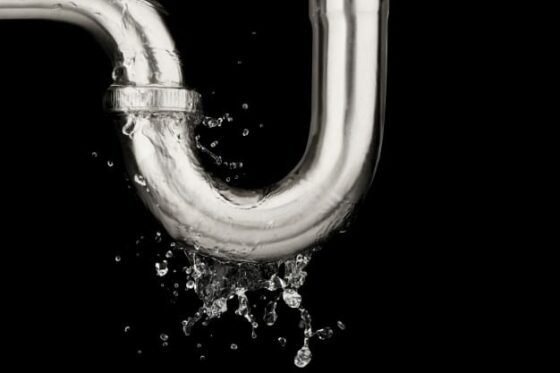
Although this may be difficult to detect, you might want to go through the hassle if you’ve tried all options and still see no signs and reasons for your sky-high water bill.
If all these fail, it might be time to call a professional for help! The cost you’ll have to take will benefit you in the long run.
Quick tip
If you’re adding any equipment to your home that may consume water, it’s best to invest in machines and units that are tested to have high efficiency. You may also want to look for the WaterSense logo to ensure great performance. If you have a pool at home, covering it when not in use will minimize evaporation, thus, saving you water.
Water wasting habits
Sometimes, you can look around and find out that the problem is you. Here are some bad behaviors that may add up to your water bill:
- Utilizing top-loading washing machines that take up 200% more water than front-loading models
- Overwatering lawns
- Using water-consuming recreational toys and equipment
- Doing the laundry in less than full laundry loads.
- Washing dishes by hand uses up 4-5 times more than dishwashers
- Long shower period. Did you know that minimizing your shower time to less than 5 minutes can save up to 1,000 gallons per month?
- Running water to thaw frozen food
- Brushing teeth or shaving with running water
To help decrease your water bill, eliminate these behaviors, and you’ll see changes in your next water bill!

Jay
Jay is a health and wellness enthusiast with expertise in water quality and nutrition. As a knowledgeable advocate for holistic well-being, Jay successfully manages Type 2 Diabetes through informed lifestyle choices. Committed to sharing reliable and authoritative insights, Jay combines firsthand experience with a passion for enhancing health."

